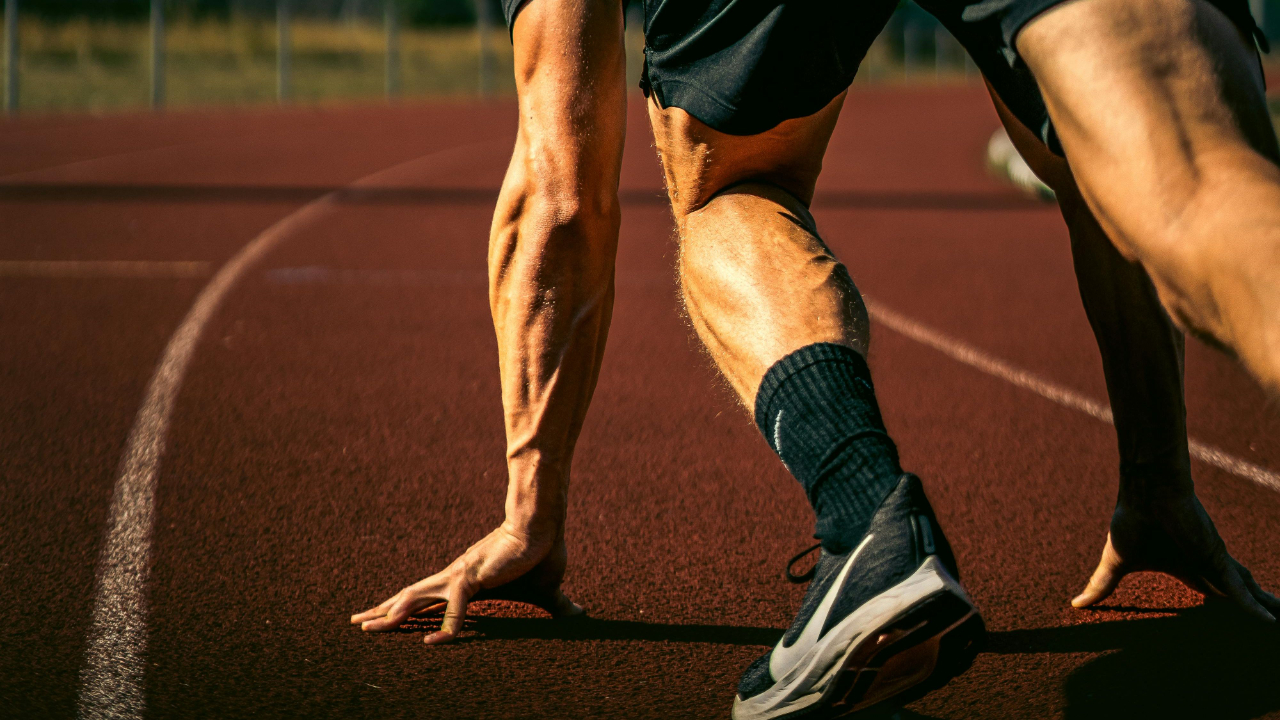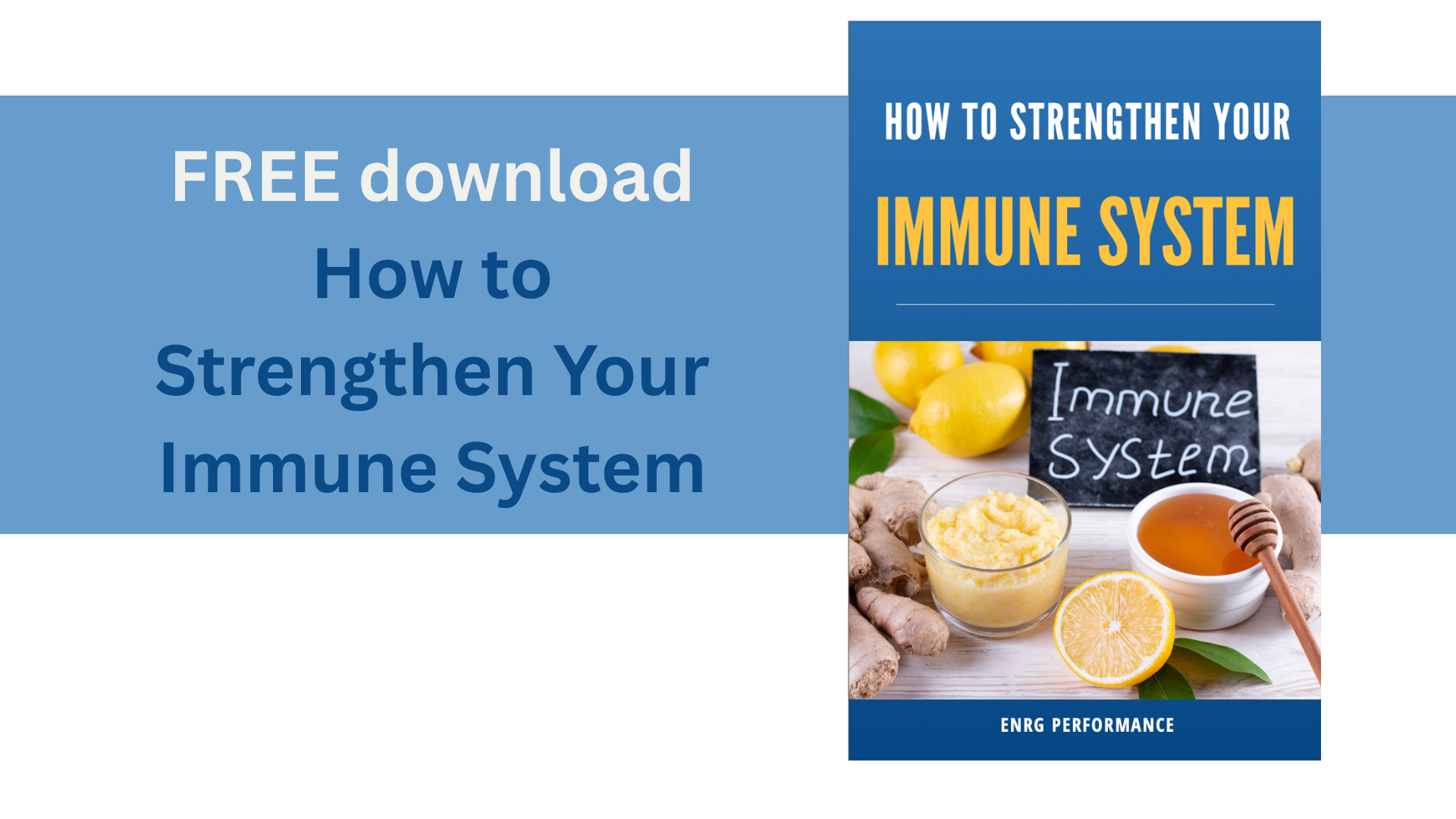Nutrition for Masters Athletes
Aug 01, 2023
Throughout our life span, there are biological changes that happen, most notably around the fourth decade of life. Many athletes complain of getting slower, losing strength, not recovering as well, joints hurting, sleep issues and of course, the infamous body weight and fat gain. It is obvious that both training and nutrition should change as we enter our later years but what exactly should these changes be? First off, while different sports classify the “masters” category differently, for the sake of this article, I will use the age range of 50 years and older. It seems that this is when nutrition strategies should be more emphasized among masters athletes.
Here are the top areas of nutrition masters athletes should focus on:
1. Implementing a good nutrition periodization plan.
Nutrition periodization should always be the foundation of any nutrition plan to support training but it becomes even more important for masters athletes. While carbohydrates and fat may not change too much, protein absolutely should. With the aging process comes a condition called sarcopenia, or the age-related loss of muscle mass. Athletes usually fare better than their age-matched sedentary counterparts but the two methods of slowing this muscle mass loss are protein and strength training. Specific to protein, masters athletes should consume more throughout the day. Current recommendations range from 30-40 grams per meal and about half that amount for snacks. Using my Hand Model, depicted in the Metabolic Efficiency Training concept is an easy method of ensuring enough protein is consumed throughout the day. Simply aim to fill your entire hand (wrist to fingertips) with protein-rich foods. That very simple, subjective measurement will get you very close to the amount of protein you need for each meal. For snacks, simply have half of a hand as your serving of protein.
Immediately following training, it has been shown that protein needs for younger athletes hover around 20 grams. However, this amount doubles for masters athletes so don’t be shy to consume up to 40 grams of protein post-workout. Your body needs it!
2. Paying closer attention to hydration.
Masters athletes should pay particular attention to daily fluid consumption because with aging comes reduced kidney function, hormonal changes, sweat response changes and a decreased perception of thirst. The latter challenge specifically may mean decreased voluntary fluid intake throughout the day and during training, both of which pose major issues for health and performance. A simple daily solution to this could be to eat more fruits and vegetables as they are high water-containing foods and provide beneficial micronutrients and antioxidants. Another would be to set an alarm for every 1-2 hours as a reminder to consume fluids. There are also smart water bottles that help with this very thing and could be of benefit.
Hydration is obviously an important component of training so using a simple sweat rate test to ensure adequate hydration is maintained before, during and after training can be used. To do this, it is recommended to weigh yourself nude before a workout and immediately afterward (again with no clothing). There are many online calculators (such as THIS ONE) to help determine how much fluid to consume based on how many ounces or pounds are lost during training.
It may also be beneficial to add a daily electrolyte supplement to encourage more fluid consumption and better absorption of fluids. I recommend the UCAN HYDRATE which you can FIND HERE on their website.
3. Being supplement savvy.
While this is highly specific to each athlete, there are a few supplements that, in general, may be beneficial for the masters athlete that do not first require blood work testing. The first is creatine. When taken daily, creatine monohydrate can enhance the benefits of exercise (short interval based and resistance training) and improve cognitive functioning and brain health. A general dosing recommendation is to consume between 5-10 grams per day.
The second is omega-3 fats. These fats are amazing for reducing inflammation in the body which is important not only from a performance perspective but also health. There has also been some research linking omega-3 fats to muscle protein synthesis, which can play a positive role in slowing the progression of sarcopenia. While omega-3 fats can be found in food such as salmon, it is difficult to acquire the right amount to see the most beneficial results. As such, athletes will use a supplement providing approximately 1-2 grams of EPA and DHA.
In my mind, getting older does not mean losing function or becoming less of an athlete. With a few nutrition changes, it is possible to continue a high level of competitiveness far into our middle years of life.
If you are interested in even more information regarding nutrition, aging and longevity, contact one of our Sport Dietitians.
Happy aging!
SUBSCRIBE AND WE WILL DROP SOME HEALTHY INSPIRATION IN YOUR INBOX
We hate SPAM. We will never sell your information, for any reason.







